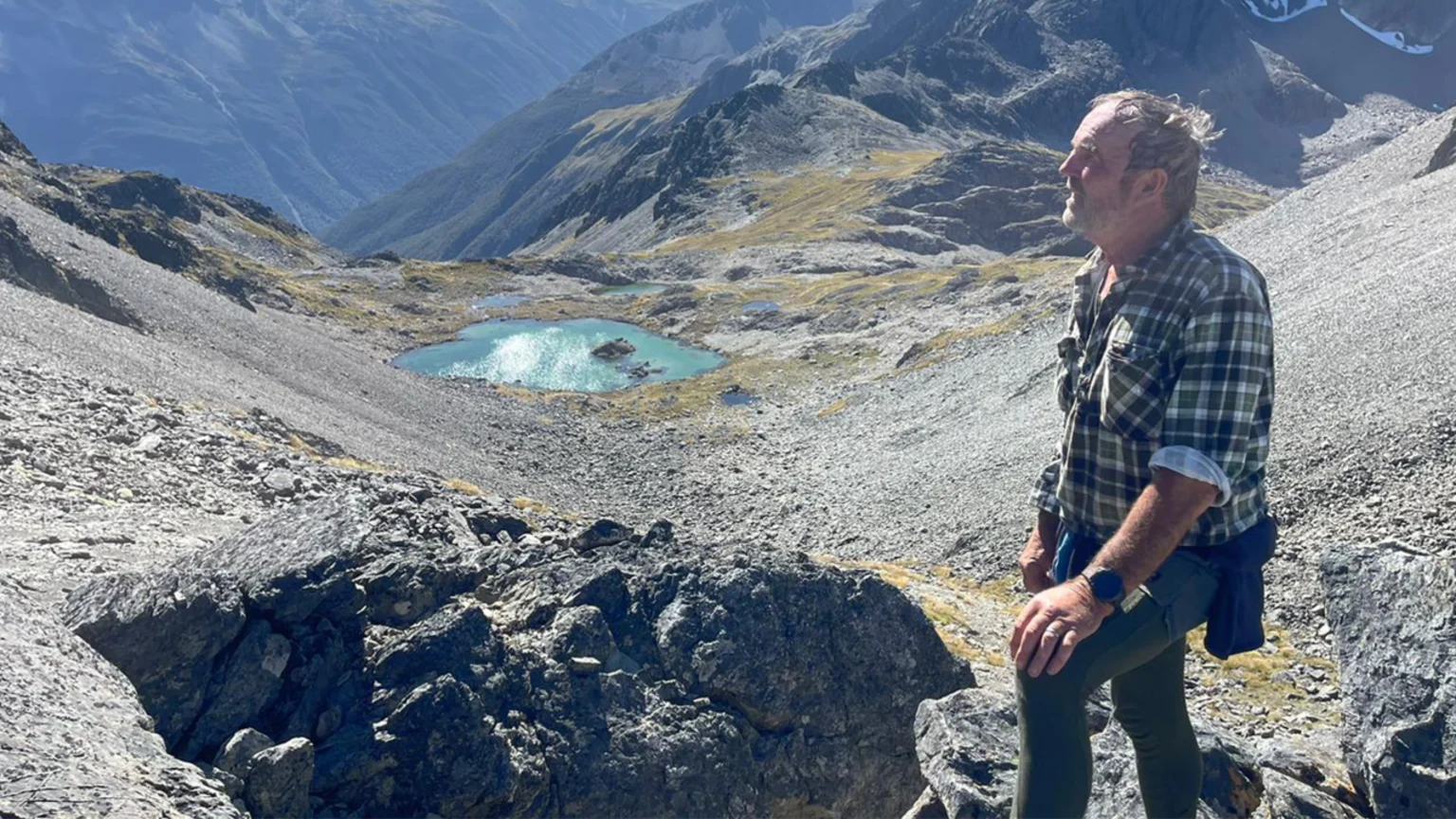Rural
Awatere Valley farmer calls for urgent action around Wilding Conifers crisis

Published by Dominic George
20 Sep 2023
High in the alpine vistas of South Marlborough, a threat is creeping over the horizon. Wilding conifers, once seen as a solution for erosion control, are now poised to change the face of the New Zealand landscape forever.
Awatere Valley farmer Steve Satterthwaite told REX host Dominic George about the growing menace of wilding conifers in the South Marlborough region and discussed potential solutions for tackling this ecological crisis.
"The wilding conifers are coming from crown-owned, crown-planted land and two catchments," he said.
"They're spreading southeast down the wind."
These bolstering trees are creating a seed rain problem that is overwhelming and compounding year by year.
A third-generation farmer and steward of the Satterthwaite Farms, Steve's connection to the land is deep-seated. He understands the intricacies of the South Marlborough environment and has watched with growing concern as the wilding conifer problem escalates.
"What's the problem? Well, the problem is that if we wave the white flag and those trees are not contained or dealt with, over time those trees will infest all the alpine natural tussock grasslands of South Marlborough through to Kaikoura.
"The seaward and inland Kaikoura ranges will disappear under a network of contorta pine trees," Satterthwaite warned.
But all is not lost. Steve pointed to the role of sheep in controlling juvenile trees.
"Merino's are very good for juvenile tree control, but the amount of seed rain that's coming from this catchment now is just absolutely overwhelming.".
While the humble sheep may not be the ultimate solution, they certainly form part of a multi-pronged approach to tackle this ecological threat.
One such solution that Steve suggests is the introduction of a biosecurity levy. This levy would help to guarantee the funding needed to tackle the wilding pine problem.
"The funding has to be guaranteed, it has to be planned by the Government and it has to be across the industry.
"We've got to come up with a solution, a funding solution that is compounding year on year as the trees are growing and is guaranteed funding from year to year."
In the end, Steve's message is clear, New Zealand cannot afford to ignore the wilding conifer issue any longer.
"The urban New Zealand that gets out and has a lot of ground can see it. How do we get the ones that don't have much interaction with country life to understand and support it?
"The funding, really the leadership of this has to be done by the government."
Steve Satterthwaite's conversation with Dominic George serves as a stark reminder of the looming threat of wilding conifers. But more importantly, it underscores the urgent need for continued discourse and action to address this environmental crisis before it's too late.
Listen to the full chat between Awatere Valley Farmer Steve Satterthwaite and Dominic George above.
To check out more episodes listen to the REX Today Podcast anytime on your favourite streaming platforms including Spotify, Apple Music and Rova or tune in to REX Mornings live on Magic from 5 am to 6 am every weekday.
Visit the Rural Exchange Facebook or Instagram page for more information and regular updates from the REX team.
Published by Dominic George
20 Sep 2023